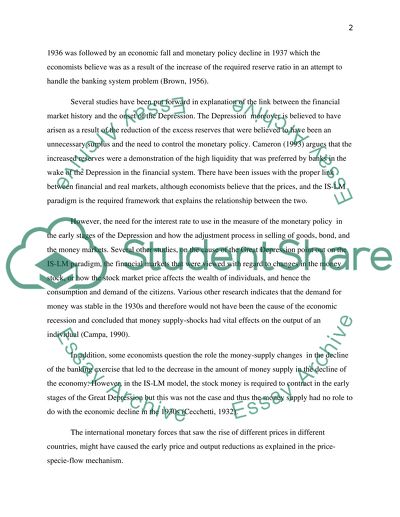Cite this document
(“Keynes theory and the Great Depression Essay Example | Topics and Well Written Essays - 1250 words”, n.d.)
Retrieved from https://studentshare.org/finance-accounting/1593666-keynes-theory-and-the-great-depression
Retrieved from https://studentshare.org/finance-accounting/1593666-keynes-theory-and-the-great-depression
(Keynes Theory and the Great Depression Essay Example | Topics and Well Written Essays - 1250 Words)
https://studentshare.org/finance-accounting/1593666-keynes-theory-and-the-great-depression.
https://studentshare.org/finance-accounting/1593666-keynes-theory-and-the-great-depression.
“Keynes Theory and the Great Depression Essay Example | Topics and Well Written Essays - 1250 Words”, n.d. https://studentshare.org/finance-accounting/1593666-keynes-theory-and-the-great-depression.


